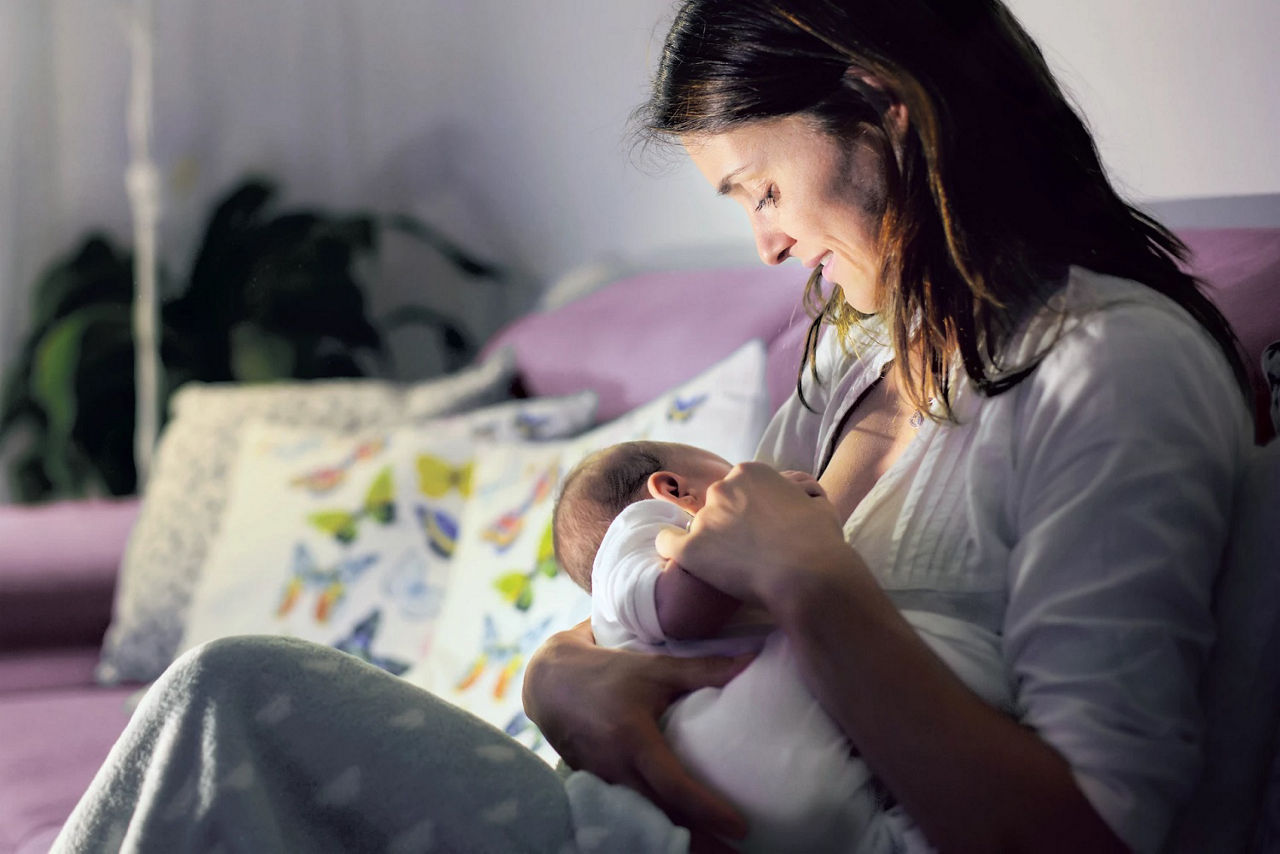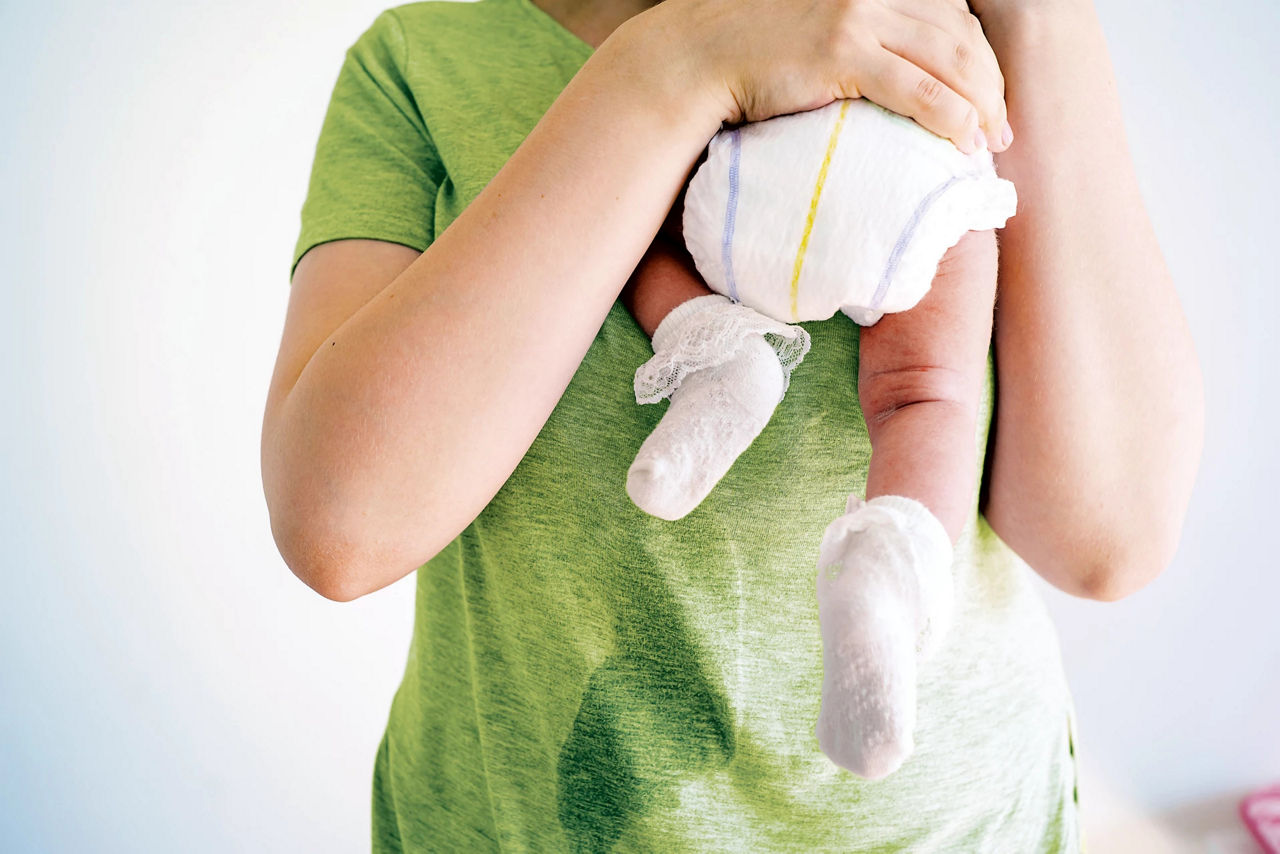Free weaning plan - Register here
Naps can be hard to master, I am sure you know that by now! Achieving day sleep for your child is potentially one of the biggest sleep challenges that parents experience. The most suitable place for your child to sleep beyond 4-5 months of age is in their cot, in their nursery or at least in your mums in a travel cot in a bedroom. This also helps your child have good quality sleep and increases the chances of restoring sleep. However, this is not always possible and although I would recommend that about 80% of all day sleeps should happen at home or in your mums, if your baby is familiar with that space, it is worth having a few ideas to help your baby sleep whilst out and about.
The ability to sleep well “on the go” can be temperament based and lots of children do not, and will not, get a good quality of sleep in the car or the buggy, but it is certainly better than no sleep at all. Don’t be disappointed if your child just cannot sleep anywhere other than his or her cot. Many children are too distracted by their surroundings, light and noise and this may prevent them from sleeping altogether, resulting in an overtired child and increasing the chances of an unsettled night. From 4-6 months your child’s sleep will resemble an adults sleep mostly, therefore, all of the elements that can affect your sleep will also affect your child’s sleep when on the go.
Most parents would like their child to be adaptable, as in, able to sleep at Granny’s, on a walk, in the car and at home. In order to try to establish this then your child will invariably need to be a good independent sleeper in the first place. This means that s/he should be able to put him/herself to sleep and back to sleep during a sleep period without too much of your help or that of a feed. Then you can help your child to become a good napper in different circumstances:
Tips for Naps on the go
Know when your child should be sleeping
That way you can plan your car journey, shopping trip, lunch at your friends to coincide with the time that she will be requiring to go to sleep. Lots of children will sleep well in the car or the buggy due to the motion and if you are driving or walking during a typical nap time that can really help. Avoid missing the natural sleep time as that can result in your child resisting sleep and missing a biologically necessary restoring sleep.
Darken up the space or block out distractions.
If your child is inquisitive and alert, and most are, then try to use a blanket or cover for your buggy/car seat that will create a darker environment and block out activity. This can help them switch off and succumb to sleep out and about.
Have a sleep time routine that you can do before sleep wherever you are.
A repertoire of songs, certain key phrases that you say, almost like a bedtime routine on the go. This can help signal to your baby that it actually is time to sleep and help that transition to sleep.
Bring familiar items for sleep with you.
Their lovey-blanket, the stuffed animal that they sleep with for example. Also, if you are planning to have your child sleep in someone else’s house, then even consider bringing with you the sleeping bag, the sheet from their own cot in order to replicate their familiar scents and smells for sleep. Invest in a portable blackout blind if you find your Mum’s curtains are not dark enough! I know my mum’s aren’t.
Sleeping in the car
Try to phase out motion sleep as the only way your child sleeps from 12-16 weeks onwards. If you are planning a nap in the car, set off before the sleep is due and try to ensure that the sleep isn’t cut short when the car stops, or the doors open.
Buggy Sleep
Definitely plan to be rolling before the sleep is due. Invest in a cover that will stop your child being stimulated by the activity around them. Make sure they are comfortable and snug and most importantly not too hot or too cold.
At a function
Being at a friend’s party or event during a sleep time can be difficult. It may be wise to leave the main activity for a while in order to help your child go off to sleep and then returning to the fun once your child is asleep and parked in a secure nearby space. Be mindful that loud and sudden noises may wake your baby so do your best to put them away from the main activity.
At the crèche or childminders
Young children can learn to sleep somewhere else quite quickly. For ease, they should already have the skills for sleep before you want to make this transition. Then your childcare provider needs to define the sleep space and get them used to it. I don’t recommend that parents try to master the sleep in the childminders house or crèche; that is the job of the childminder and an opportunity for your baby to get used to how another person within these circumstances will help them go to sleep. It is quite common for a young child to sleep far better during the daytime for childcare than for parents. Make sure that your childminder knows how you achieve sleep and at what time and then let your child get used to this and perfect sleeping for the other person.
Missing day sleep
Sometimes, despite best efforts, your child may struggle to sleep under some circumstances on the go. If this is the case, then make sure that you bring your bed time forward and/or ensure that the following day they can sleep longer at home to make up for the missed sleep. Try to get your typical day time routine back on track the next day. Missing day time or having poor quality sleep can have far reaching consequences within 24-36 hours after the event resulting in broken sleep and also short day time sleep and thus creating a cycle of over-tiredness which ideally should be avoided.
About the Author
Lucy Wolfe is Paediatric sleep consultant and mum of four at Sleep Matters-Help Your Child Sleep; a private sleep consulting practice, based in Cork, where she enjoys providing knowledge, expertise and valuable support with tailored sleep plans to families across the country and over-seas, without using cry intensive methods. Author of The Baby Sleep Solution. www.sleepmatters.ie

Join the C&G baby club today
- Weekly emails with tips and advice for your stage
- 1-to-1 support from our dedicated Careline team, 8.30am - 5.30pm Monday to Friday.

Join the C&G baby club today
- Weekly emails with tips and advice for your stage
- 1-to-1 support from our dedicated Careline team, 8.30am - 5.30pm Monday to Friday.
More from baby
Baby topics
Any more questions?
Our specialist baby advisors and experienced mums are here to talk and ready to help whenever you need them. You can call us or reach us on Live Chat 8.30am-5.30pm Monday-Friday.
Phone
Call 1800 570 570
FAQs
For all the latest information
Email Us
Send us an email
8.30 am - 5.30pm Monday-Friday

?ts=1701080533420&dpr=off)



